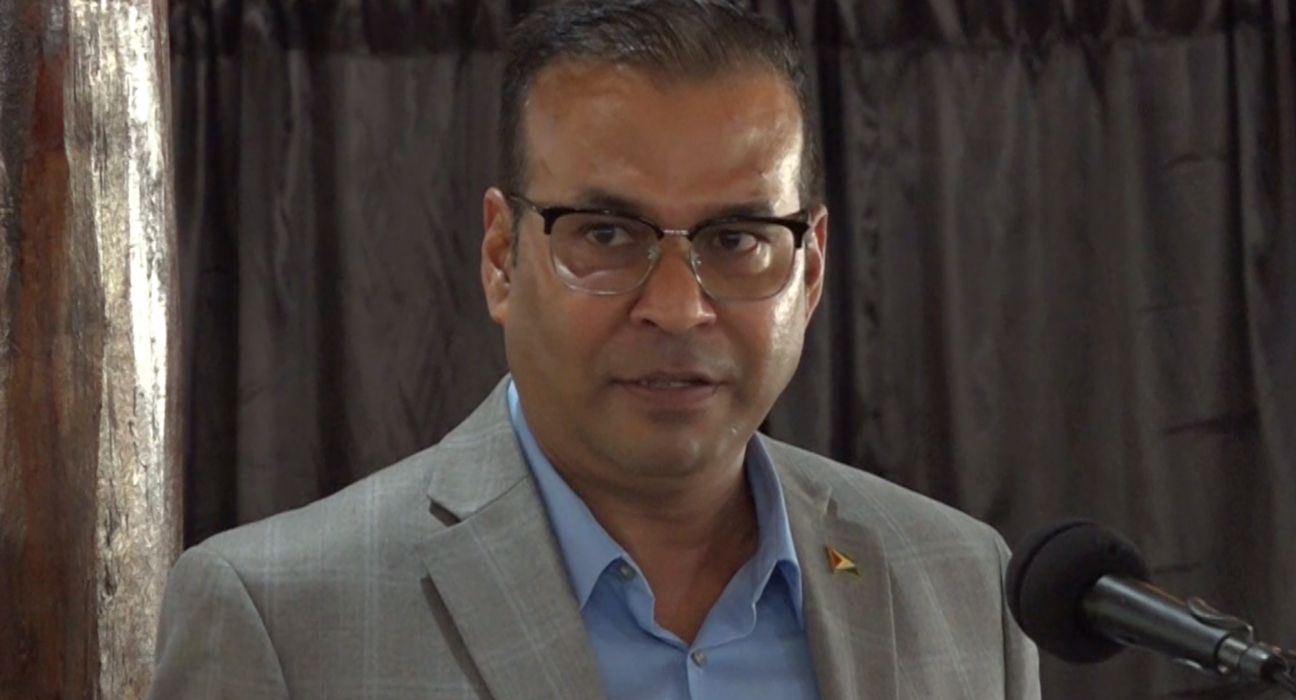By Josiah Williams | December 3, 2024
A groundbreaking biological inventory of the Aracai-Corentyne corridor in southern Guyana has been completed, revealing over 1,300 species of plants and vertebrates.
Among the findings, 22 species are new records for Guyana, and 23 species may be new to science.
The inventory, conducted over three weeks, was a collaborative effort between 38 Guyanese and 17 international experts, led by the Chicago Field Museum in partnership with the Protected Areas Commission.
The inventory’s results are expected to play a key role in shaping future conservation policies in the region, which is rich in biodiversity.
Robert Persaud, Chairman of the Protected Areas Commission Board, expressed satisfaction with the success of the initiative.
He emphasized that the findings will inform strategies to support Guyana’s Low Carbon Development Strategy, which includes protecting biodiversity and mitigating the effects of climate change.
The expedition team focused on documenting vascular plants, fishes, amphibians, reptiles, birds, bats, and mammals.
Dr. Lesley de Souza, Expedition Leader and Lead Conservation Ecologist at the Field Museum, noted that the area holds great potential to contribute to Guyana’s conservation model and attract global biodiversity financing.
This initial inventory is only the beginning, with the full report set to be published in the coming months.
The team also acknowledged the invaluable knowledge of the region’s indigenous communities, who have long been stewards of the land’s natural resources.
The inventory project involved collaboration with the Environmental Protection Agency, University of Guyana, Frankfurt Zoological Society, and various indigenous villages in the region.

